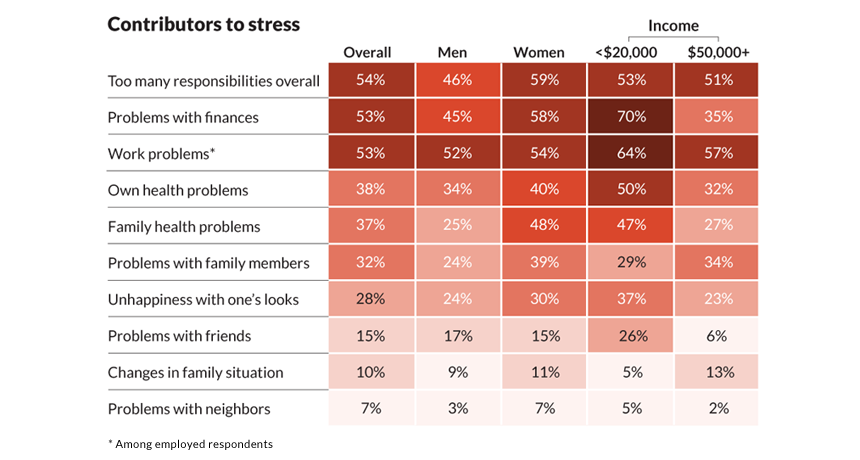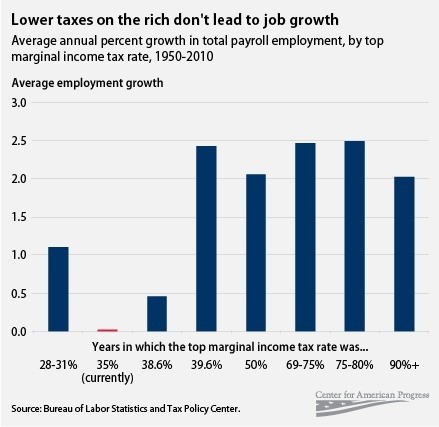“O ur aim in this course is to teach you how to think critically about the data and models that constitute evidence in the social and natural sciences.
ur aim in this course is to teach you how to think critically about the data and models that constitute evidence in the social and natural sciences.
Carl T. Bergstrom and Jevin West
Seattle, WA.
I just stumbled on this course they are teaching at the University of Washington. Yay! This is the course I would love to teach and it seems more necessary than ever.
They explain on their website: “The world is awash in bullshit. Politicians are unconstrained by facts. Science is conducted by press release. Higher education rewards bullshit over analytic thought…..
We’re sick of it. It’s time to do something, and as educators, one constructive thing we know how to do is to teach people. So, the aim of this course is to help students navigate the bullshit-rich modern environment by identifying bullshit, seeing through it, and combating it with effective analysis and argument.
What do we mean, exactly, by the term bullshit? As a first approximation, bullshit is language, statistical figures, data graphics, and other forms of presentation intended to persuade by impressing and overwhelming a reader or listener, with a blatant disregard for truth and logical coherence.”
Their website has all kinds of useful tools to help us cut through the false narratives and data that look real but are just lies. Check it Out: Click Here



